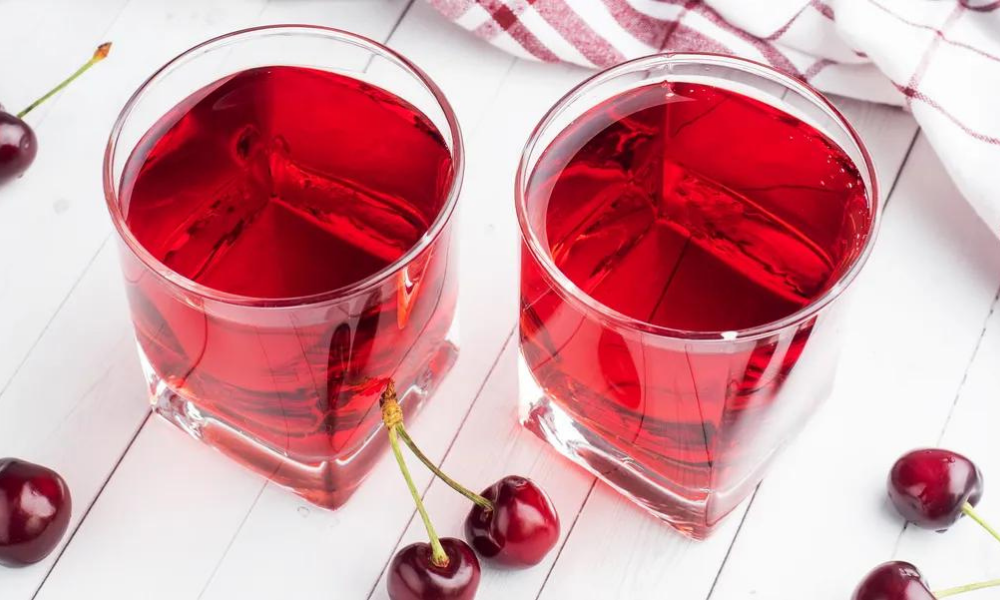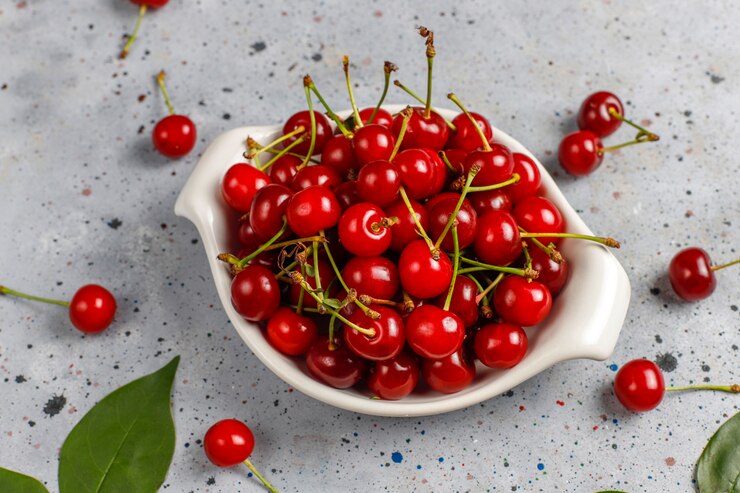Cherry Nutrition Facts
Let’s have a look at the nutritional value of cherries. Cherries are high in vitamin C, which is a potent antioxidant. They are fat-free, cholesterol-free, and sodium-free. Fiber, Vitamin A, and vital minerals, including iron, calcium, and protein. Cherry has a significant amount of potassium. Furthermore, cherries include other helpful components: boron, melatonin, and anthocyanins.
Cherries are high in antioxidants, with a wide range of health benefits. Cherries are excellent for you because they assist in preventing some types of cancer, reduce inflammation, prevent gout, relieve arthritic pain, and even aid you in losing tummy fat.


